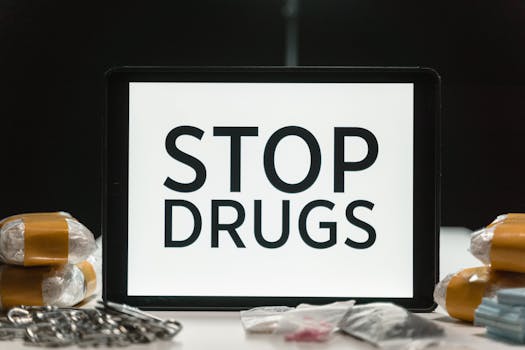
Breaking Free: The Unexpected Journey of Addiction Recovery
Addiction. The word itself carries a weight of stigma, shame, and hopelessness. But what if we reframed the narrative? What if we viewed recovery not as a linear path, but as a winding, often unpredictable, yet ultimately empowering journey of self-discovery? This article delves into the complexities of addiction and recovery, exploring the science behind compulsive behaviors, the diverse pathways to healing, and the remarkable resilience of the human spirit.
The insidious nature of addiction often goes unnoticed until its grip tightens. It doesn't discriminate; it affects individuals from all walks of life, regardless of socioeconomic status, age, or background. Whether it's substance use disorder (SUD), gambling addiction, or a compulsive behavioral addiction like internet gaming disorder, the underlying mechanisms share a common thread: the hijacking of the brain's reward system. Dopamine, the neurotransmitter associated with pleasure and reward, floods the brain, creating intense cravings and reinforcing the addictive behavior. Over time, the brain adapts, requiring increasingly larger doses or more intense behaviors to achieve the same level of satisfaction. This neurochemical imbalance lies at the heart of the struggle to break free.
But breaking free is possible. Recovery isn't a destination, but a process—a continuous journey of learning, growth, and self-compassion. It's crucial to understand that there's no one-size-fits-all approach. Effective treatment often involves a multifaceted strategy tailored to the individual's specific needs and circumstances. This might include:
- Detoxification: For substance use disorders, medically supervised detoxification is often the first step, helping individuals safely manage withdrawal symptoms.
- Therapy: Various therapeutic modalities, including cognitive behavioral therapy (CBT), dialectical behavior therapy (DBT), and motivational interviewing, play a crucial role in addressing underlying psychological issues, changing negative thought patterns, and developing coping mechanisms. Trauma-informed care is particularly vital, as many individuals struggling with addiction have experienced past trauma that contributes to their condition.
- Medication-Assisted Treatment (MAT): For certain substance use disorders, medications can assist in managing cravings and withdrawal symptoms, making it easier to participate in therapy and maintain sobriety.
- Support Groups: Connecting with others who understand the challenges of addiction provides invaluable support, encouragement, and a sense of community. Groups like Alcoholics Anonymous (AA) and Narcotics Anonymous (NA) offer a structured framework for recovery, while other groups cater to specific addictions or demographics.
- Holistic Approaches: Integrating practices like mindfulness, yoga, and meditation can enhance overall well-being, promoting emotional regulation and stress management – essential components of long-term recovery.
Beyond professional interventions, a strong support system is paramount. Family and friends play a critical role, offering love, understanding, and encouragement. However, it's equally important for loved ones to educate themselves about addiction and develop healthy boundaries. Enabling behaviors can inadvertently hinder the recovery process. Open communication, empathy, and professional guidance for family members are often necessary.
The stigma surrounding addiction remains a significant obstacle to seeking help. The fear of judgment, shame, and social isolation prevents many individuals from acknowledging their problem and accessing treatment. Open conversations, compassionate understanding, and a shift towards viewing addiction as a health issue rather than a moral failing are essential to dismantling this stigma.
Recovery is not a linear progression. Relapse is a common part of the process, and it shouldn't be viewed as failure. Instead, it provides an opportunity for learning, readjusting strategies, and strengthening resolve. Viewing setbacks as learning experiences fosters resilience and reinforces the importance of self-compassion.
The journey of recovery is a testament to the human spirit's incredible capacity for healing and transformation. It's a journey of rediscovering one's self-worth, building healthy relationships, and creating a fulfilling life free from the grip of addiction. While the path may be challenging, the rewards of breaking free are immeasurable. With the right support, resources, and unwavering commitment, recovery is not only possible but achievable, leading to a life filled with hope, purpose, and lasting well-being. Remember, you are not alone, and help is available. Reach out, take that first step, and begin your journey towards a brighter future.
